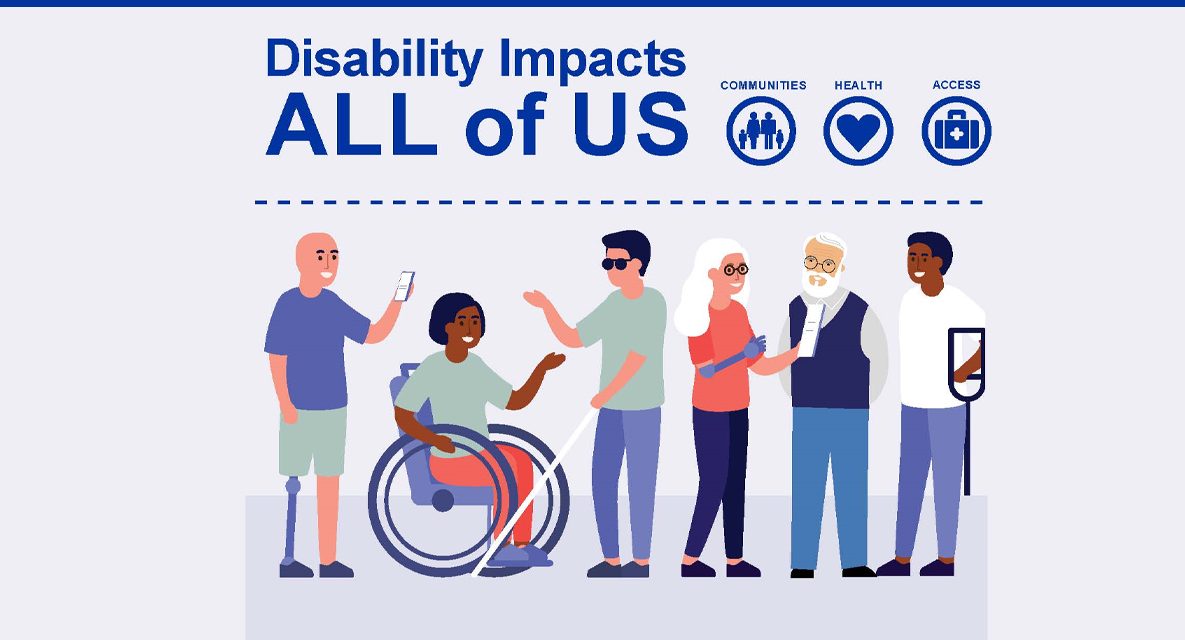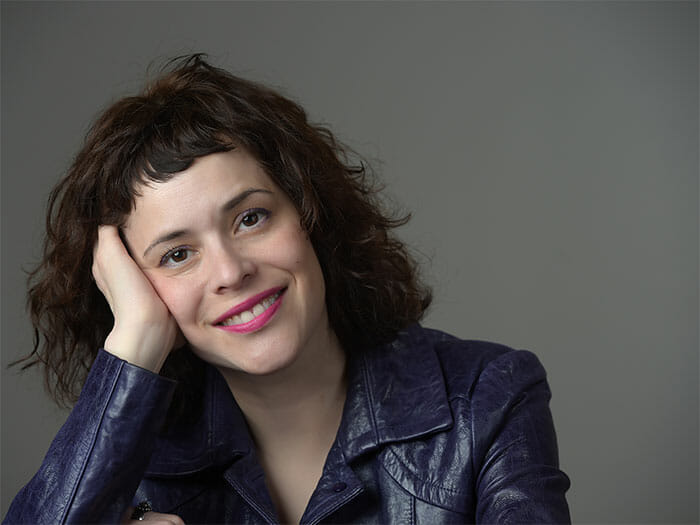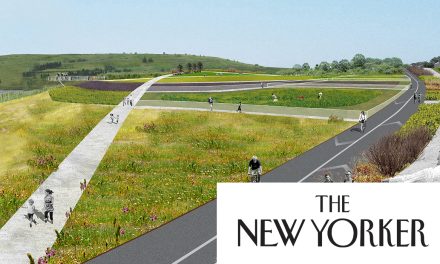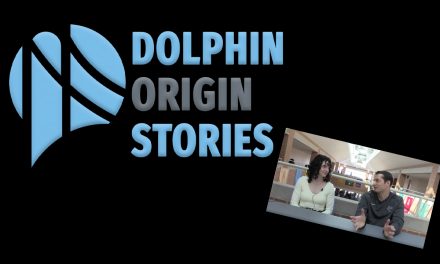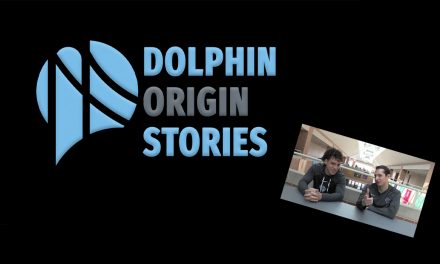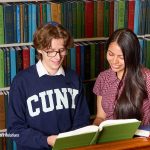“Promoting Disability Allyship: A Training for Students, Faculty, and Staff” was an event that the Office of Accessibility Services recently held at the College of Staten Island. In addition to fostering empathy and giving participants the tools they need to become successful allies, the program sought to increase the campus community’s awareness of disability issues. Through conversations on disability etiquette, inclusive language, and counter-ableism tactics, the event highlighted that everyone on campus is committed to improving accessibility, not just one office. The exploration of practical strategies for assisting people with disabilities motivated participants to create a more equitable and inclusive atmosphere for all.
Disability allyship is an effective way of supporting individuals who have impairments while advancing fairness and inclusion. Actively standing with marginalized people via awareness-raising, attitude changes, and effective action is what it means to be an ally. Participants discovered that being an ally entails actively promoting the rights of those with disabilities and guaranteeing accessibility in addition to having a thorough grasp of the difficulties they confront. The session’s main lesson was that anybody may be an ally by making minor but significant changes, such learning more about ableism, overcoming mental obstacles, and supporting universal design. We can dispel prejudices and promote a respectful, understanding environment on campus by becoming allies.
Words count. The workshop emphasized how crucial it is to use language that honors the individuality and dignity of people with disabilities. Participants discussed the distinction between identity-first language, which prioritizes the disability, like “a disabled person,” and person-first language, which emphasizes the person before the impairment, like “a person with a disability.” While there is value in both strategies, the training placed more emphasis on asking people how they would like to be addressed than on assuming anything. Everyone feels appreciated in the atmosphere created by this small gesture of respect. Additionally, the workshop disproved antiquated euphemisms such as “special needs” and “differently abled,” emphasizing how they may diminish the experiences of individuals with disabilities and fuel ableism.
The training’s emphasis on disability etiquette, which offered helpful advice for interacting politely with people with impairments, was another highlight. Participants gained knowledge on how to avoid making assumptions or intrusive remarks, keep eye contact, and give others space to express their needs. For example, introducing yourself and shaking hands vocally might assist in creating clarity and comfort when meeting someone who is visually impaired. In a similar vein, addressing those who are deaf or hard of hearing directly rather than through an interpreter demonstrates inclusivity and respect. These little but deliberate steps can have a significant impact on fostering a friendly environment.
Ableism, or discrimination against individuals with impairments, and the negative stereotypes it fosters, was addressed in a significant portion of the training. The absence of elevators or ramps in buildings, assistive technology, or remarks such as “You don’t look disabled” are examples of ableism. Participants were pushed to examine their own prejudices and acknowledge that sometimes even well-intentioned acts can support ableism. For instance, it can unintentionally perpetuate negative preconceptions to consider people with impairments as “inspirational” for finishing everyday activities. Through recognizing and resolving these prejudices, the campus community can endeavor to establish a more fair atmosphere for everybody.
Another important topic of discussion at the event was universal design. The goal of this proactive strategy is to eliminate the need for customized accommodations by designing spaces and activities that are naturally accessible to all. The participants gained knowledge about tactics like using digital platforms that enable assistive technology, hosting events in accessible venues, and adding captions to videos. In club meetings, events, and even social media posts, students were urged to consider accessibility. The College of Staten Island can guarantee that everyone feels included and empowered to fully participate by integrating accessibility into every facet of campus life.
The event concluded with a call to action: everyone at CSI has a role to play in fostering inclusivity. While the Office of Accessibility Services provides vital support, true inclusion requires a collective effort from students, faculty, and staff. Through awareness, attitude shifts, and intentional actions, the training emphasized that we all have the power to create a campus where diversity is celebrated, and everyone feels they belong. Whether through adopting inclusive language, addressing attitudinal barriers, or designing universally accessible events, disability allyship is a journey we can all take together. The training left participants inspired to take the first step—and keep walking the path toward inclusion.
By Nathalia Lampkin

